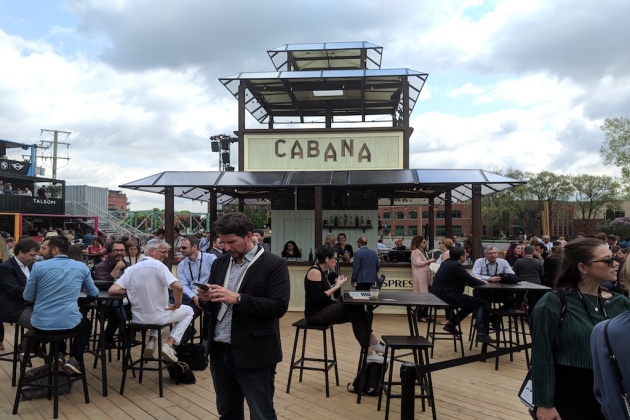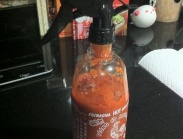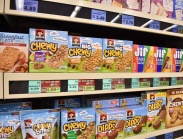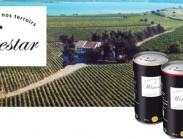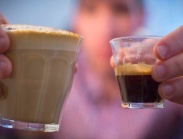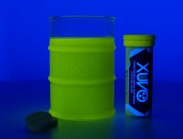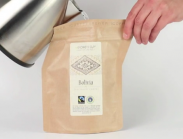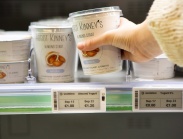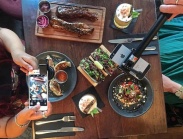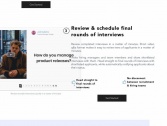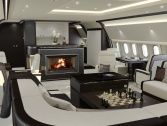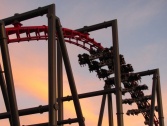As more people become foodies, event planners wrestle with rising costs
Presenting a lackluster chicken breast or lukewarm chunk of salmon to attendees during an event is now a liability that event planners are looking to avoid. Food and beverage service has become integral to not just the event experience, but marketing success in the age of Instagram and Twitter. As event professionals focus more attention on food and beverage, though, costs and quality expectations have risen in tandem, creating a challenge for the budget-minded event planner. CWT Meetings & Events finds that food and beverage costs make up 20 percent of overall event budgets – up from around 15 percent five years ago, according to senior vice president and global head Cindy Fisher.Where events don’t have a large lodging component, food and beverage can represent an even bigger slice of the total budget. “An inner-city InterContinental Hotel might have a food and beverage share as high as 70 to 75 percent, whereas the share at a resort hotel may be lower due to higher spend on room bookings,” said Leanne Harwood, managing director of Australasia and Japan at InterContinental Hotels Group. It’s not just economic factors driving up costs. Delegates are becoming more demanding, with meeting professionals witnessing an increase in attendee requests for special dietary options, including gluten-free, low-cholesterol, low-carb, vegetarian, and vegan, all of which cost more to prepare.

